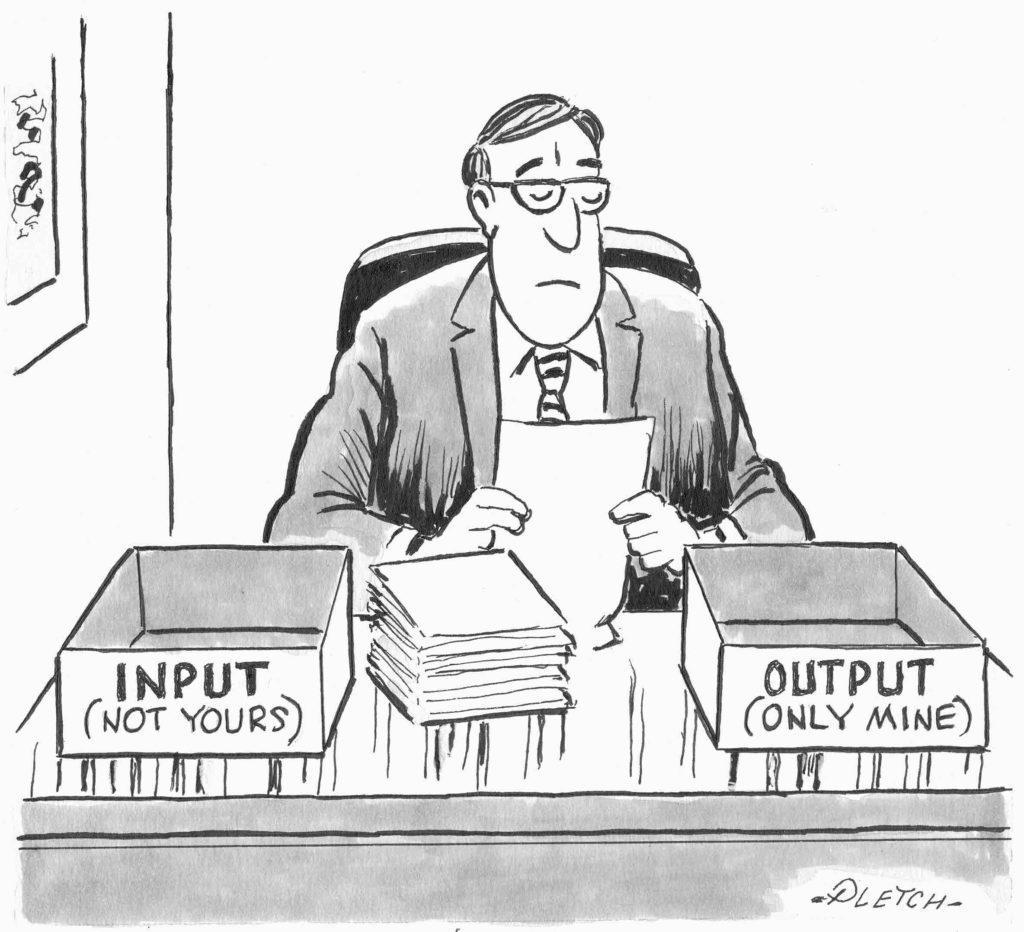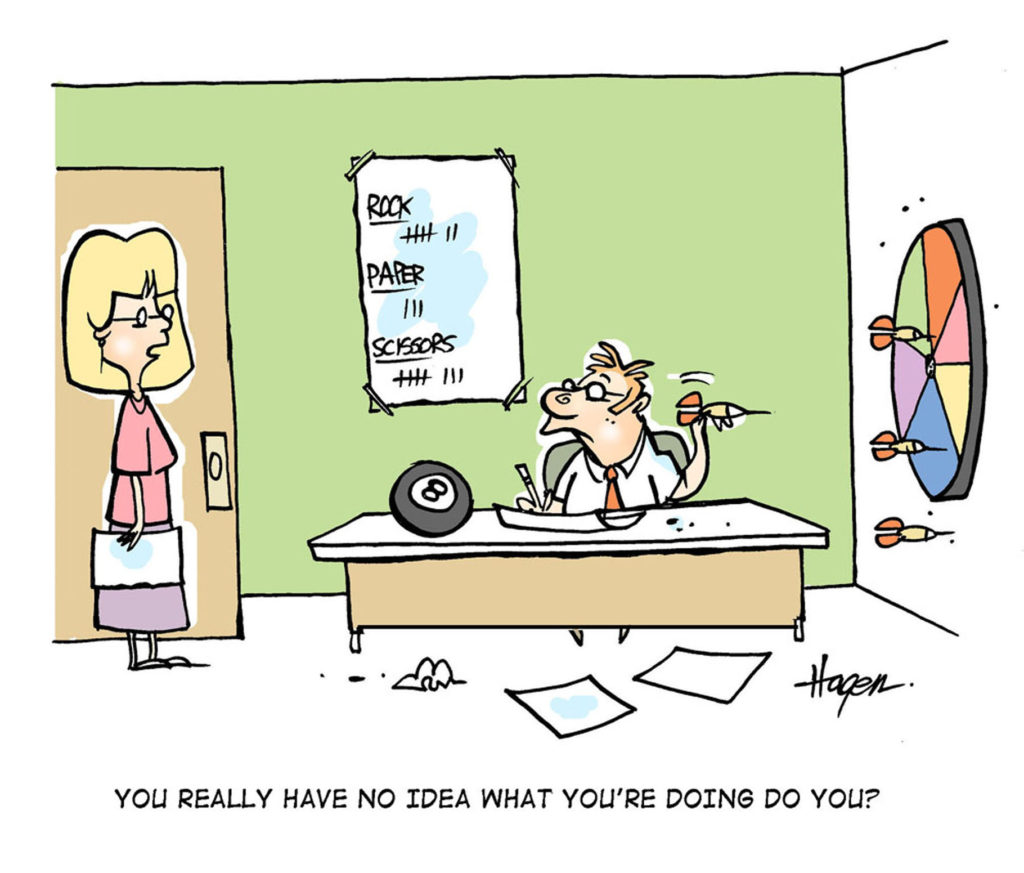 Peter Drucker coined the phrase “organized abandonment” to describe the process whereby we can free up resources that are committed to maintaining things that no longer contribute to performance and no longer produce results.
Peter Drucker coined the phrase “organized abandonment” to describe the process whereby we can free up resources that are committed to maintaining things that no longer contribute to performance and no longer produce results.
According to Drucker, the change-leader puts every product, every service, every process, every customer, and every end use on trial for its life. The question to ask is, “If we did not do this already, would we, knowing what we now know, go into it?” If the answer is no, abandon it. The change-leader must also ask, “If we were to go into this now, knowing what we now know, would we go into it in the same way we are doing it now?’” [Drucker, Management Challenges for the 21st Century, pg.74]
The term organized means doing this regularly and on a systematic basis.
Over time, organizations and individuals become burdened by unproductive and unnecessary actions. On a regular basis we must ruthlessly evaluate all functions and jettison those that no longer contribute.
In your personal life, organized abandonment might probe these areas:
- Do I still benefit from reading a physical daily newspaper or should I get my news digitally?
- Should my typical breakfast menu of bacon and eggs be abandoned for a healthier alternative?
- If I was not currently living in my particular neighborhood, would I choose to move here?
- Have some of my relationships grown stale; would I benefit from new, more invigorating relationships?
In your organization, this exercise might probe these areas:
- As I consider every position in my organization, is each one still needed?
- Do I have the right people in key positions?
- If I had the opportunity to fill a position, would I hire the same person who is presently working in that position?
- As I analyze every line item of the budget, are all expenditures still justified?
- Are our products still viable?
- Are there any customers we should “fire”?
Another approach to this topic is to regularly adjust your life using the Keep—Stop—Start formula:
I want to keep doing, or do more of _______.
I want to stop doing, or do less of _______.
I want to start doing _______.
“We’ve always done it that way” is an unwise justification for any activity.
[reminder]What are your thoughts about this essay?[/reminder]
[callout]Click here for more information about the June 21-22 Lead Well workshop.[/callout]

 In the 1840s, a young obstetrician in Vienna named Semmelweis noticed that doctors who performed autopsies and then delivered babies had a high rate of disease among the children they delivered (known as childbed fever). So he made the audacious and until then, unheard of, suggestion that doctors wash their hands between doing an autopsy and delivering a baby. He recommended that they wash in a solution of chlorinated lime, which apparently solved the problem; there were fewer cases of childbed fever.
In the 1840s, a young obstetrician in Vienna named Semmelweis noticed that doctors who performed autopsies and then delivered babies had a high rate of disease among the children they delivered (known as childbed fever). So he made the audacious and until then, unheard of, suggestion that doctors wash their hands between doing an autopsy and delivering a baby. He recommended that they wash in a solution of chlorinated lime, which apparently solved the problem; there were fewer cases of childbed fever. A major part of the human experience is the search for both individuality and community.
A major part of the human experience is the search for both individuality and community. In his must-read book, What Intelligence Tests Miss, Keith Stanovich shares this insightful information.
In his must-read book, What Intelligence Tests Miss, Keith Stanovich shares this insightful information.